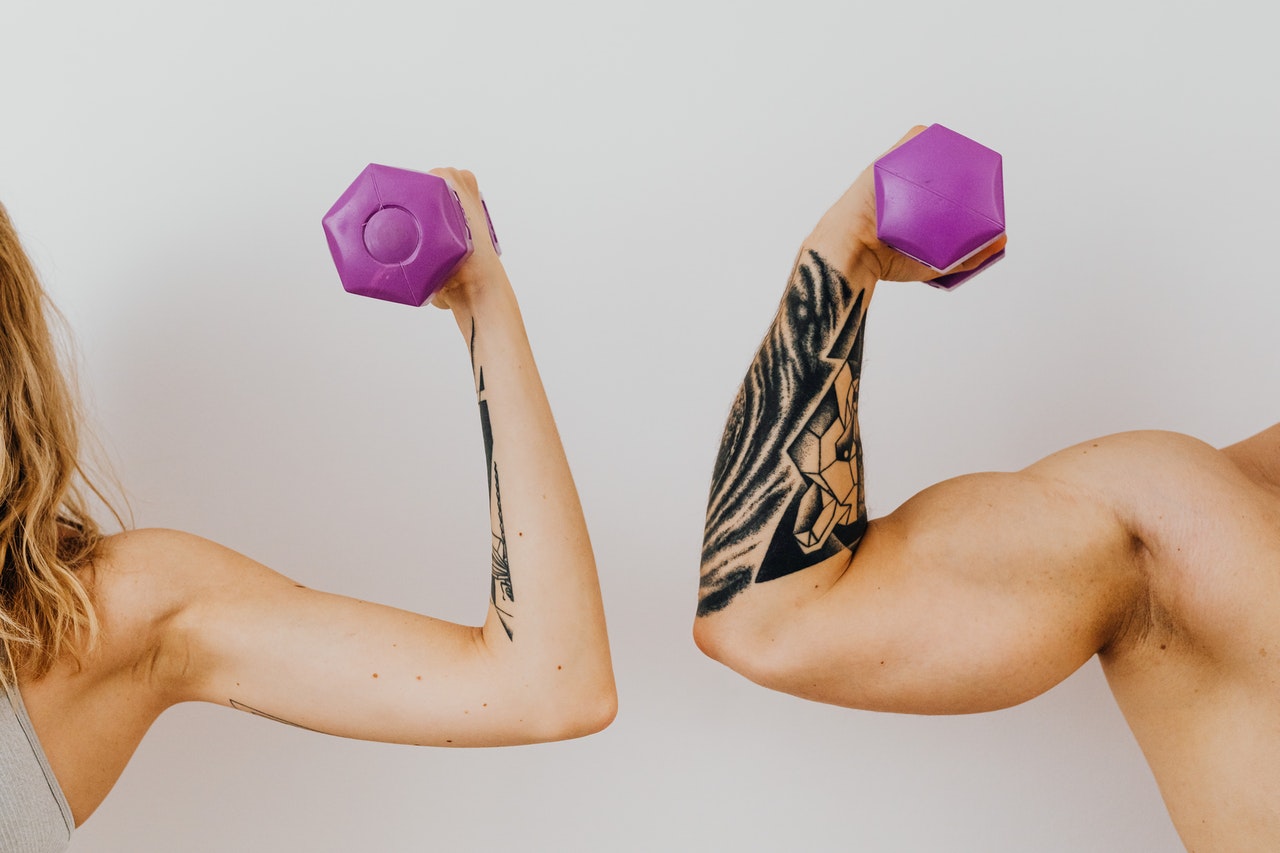Putting in long hours at the gym and still not seeing those gains in the mirror? Your diet could be to blame. When it comes to getting in shape, eating the right foods can be as important as the workout itself. There are several key nutrients that are essential for building muscle, and we’ve put together a list of the 5 most important. Hint: body builders need to eat broccoli too!
1) Protein
It’s no secret that your body needs protein to make muscle. But some sources may be more beneficial than others. Remember, proteins are made up of chains of amino acids (your 8th grade science teacher is beaming right now) and the exact combination depends on the source: The protein in whey contains different amino acids from the protein in spinach, say. To build muscle, you need sources that have essential amino acids—the ones your body can’t make on its own. Bottom line when it comes to muscling up—choose complete proteins that have all essential amino acids. Eggs, fish, soy, and lean meats are all great options.
2) Omega-3
Healthy fats like omega-3 probably aren’t the first thing that come to mind when you imagine a body builders’ diet. But they play an important role in muscle repair—which is key for muscle growth. Omega-3’s help keep your muscle cells healthy by balancing inflammation, and since exercise increases short-term inflammation, getting those omega-3’s can be beneficial for those gains. When you’re not busy pumping iron, try adding eggs, fish, chia seeds, olive oil or avocados to your diet.
3) Vitamin D
If supplements could wear capes, vitamin D would definitely be donning one. This superhero nutrient acts like a hormone. Among other functions, it tells your body to make muscle fibers. Not surprisingly, low levels of vitamin D may impact your muscle growth and lead to poor athletic performance—and as many as 42% of people aren’t getting enough. To keep your vitamin D in the healthy range, aim to get out in the sun at least 15 minutes a day or add a vitamin D supplement to your routine.
4) Vitamin C
Like vitamin D, vitamin C is needed to make muscle fibers—specifically collagen, the protein that keeps your joints flexible. Low levels are associated with lower muscle mass in adults, so if you’re blowing off your daily veggies, you may want to reconsider. Bell peppers, carrots, broccoli, spinach and potatoes are all great sources of vitamin C.
5) Magnesium
Another shameless plug fruits and vegetables? Don’t mind if we do! Magnesium is essentially a fitness guru, helping your cells to take up oxygen and keeping your heart and biceps pumping. It’s also one of the electrolytes that we lose through sweating. So if you’re a heavy sweater, make an extra effort to get enough magnesium in your diet. While we still don’t know if supplementing with extra magnesium helps increase your fitness, we do know that getting enough is key to a good workout. Pile your plate with avocado, black beans, spinach, pumpkin seeds and almonds.
About Allie
Allie has a master’s in nutrition science from Framingham State University. She has worked as a Health Educator and Personal Trainer, and has a passion for helping people lead happier, healthier lives.
Do you have questions on how you may benefit from supplements? Reach out to one of our experts, or take Persona’s free nutrition assessment, and learn exactly what you need to take your wellness to the next level.

